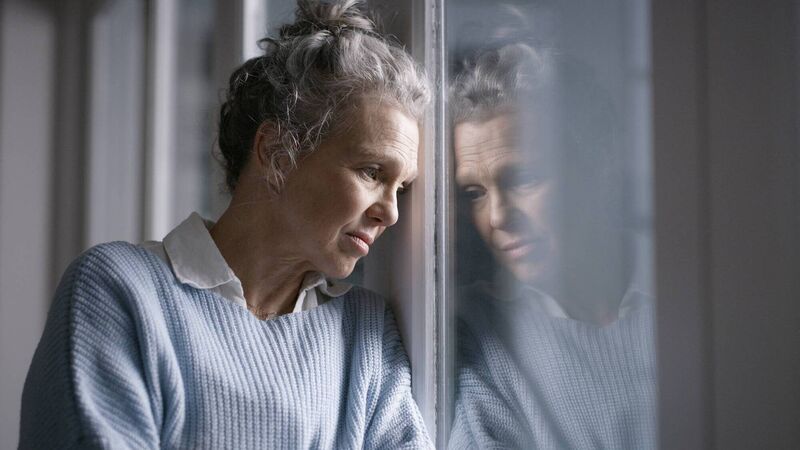HSE gives go-ahead for new services for people with psychiatric and drug disorders

The launch highlighted the impact of the Seeking Safety Ireland programme, which works with women with Dual Diagnosis, who are also living with complex trauma. File picture
Specialist treatment services for adults with both drug and mental health disorders are to be established in Cork and Clare as part of a promised national care service.
The HSE has given the green light to a network of 12 adult dual diagnosis teams and four adolescent teams. The first adolescent team is planned for North Dublin. Outside these three teams, the other nine teams will depend on available resources.










